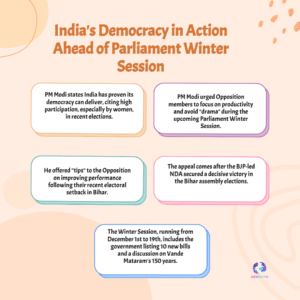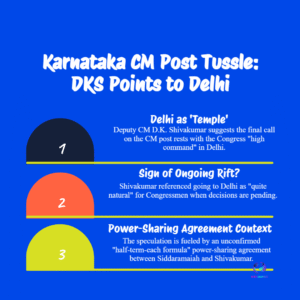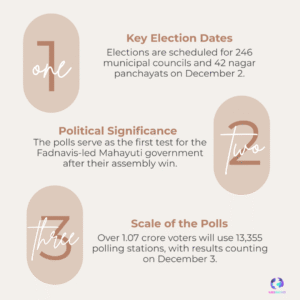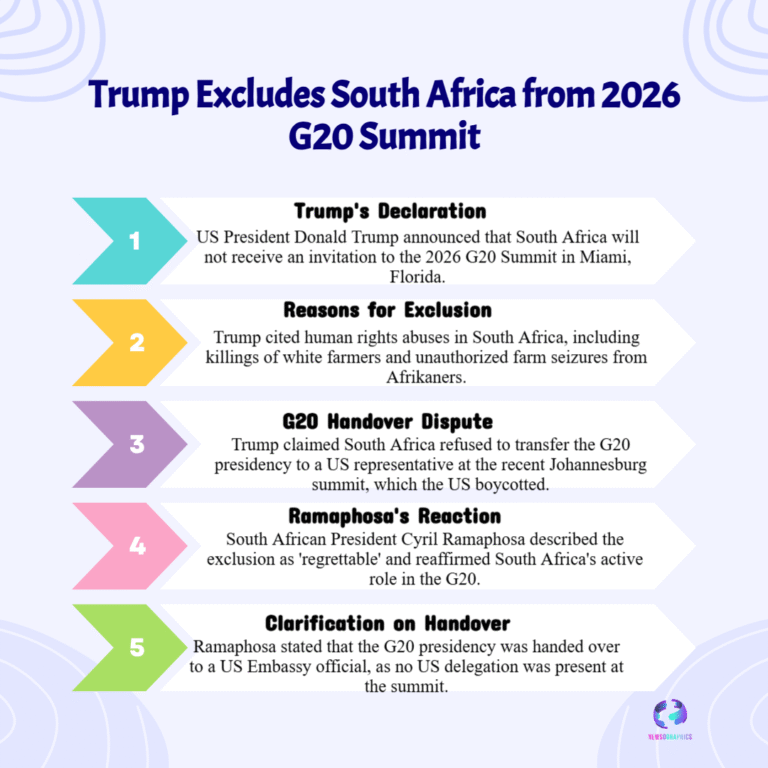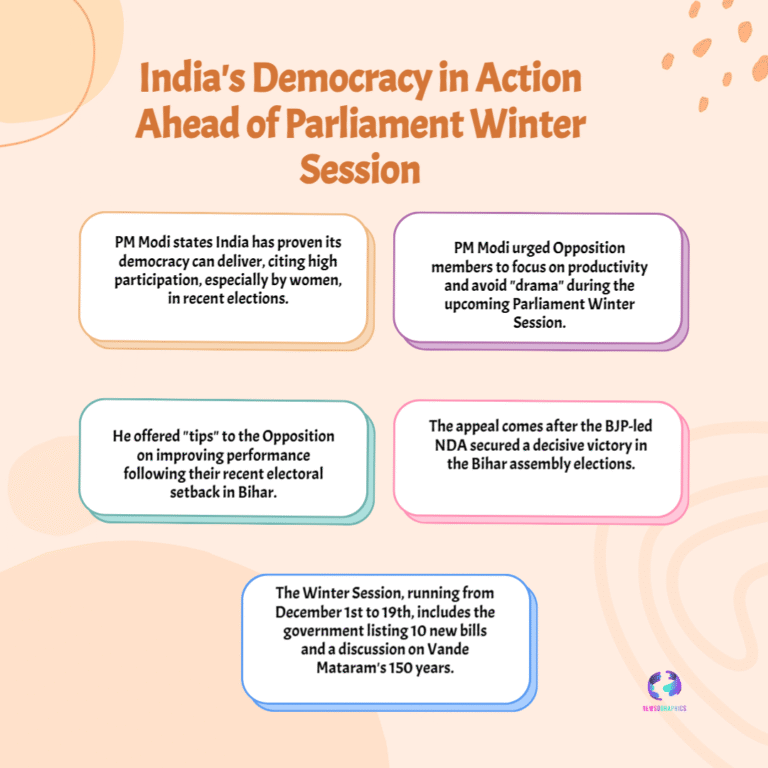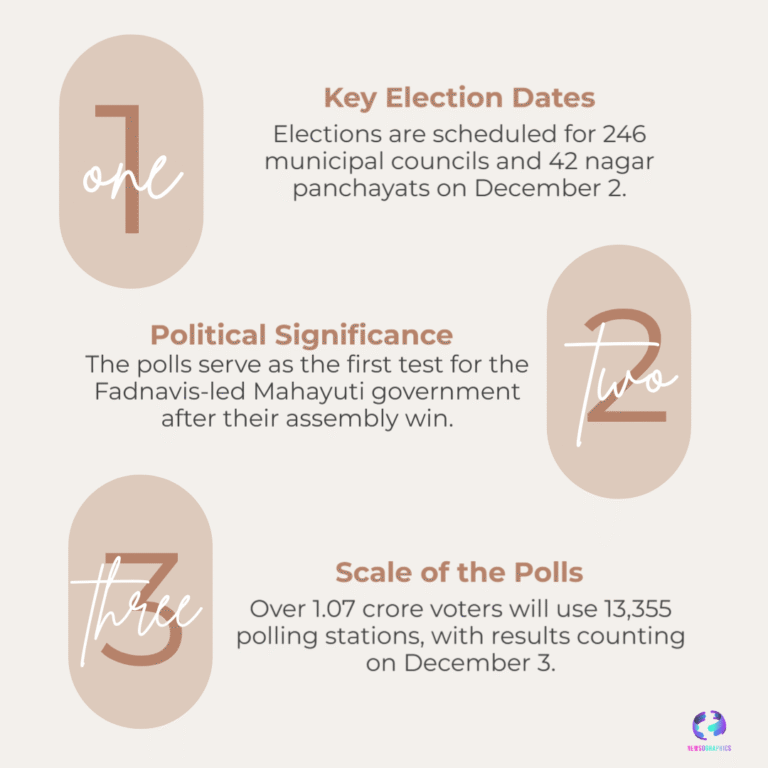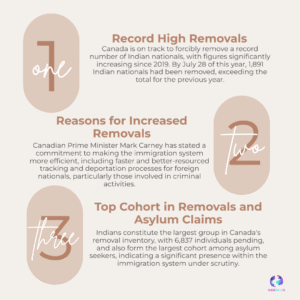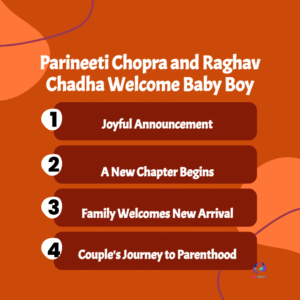An opinion piece examines Donald Trump’s push for the Nobel Peace Prize, the politics of awards and why figures like Mahatma Gandhi were never honoured. Key context and questions.
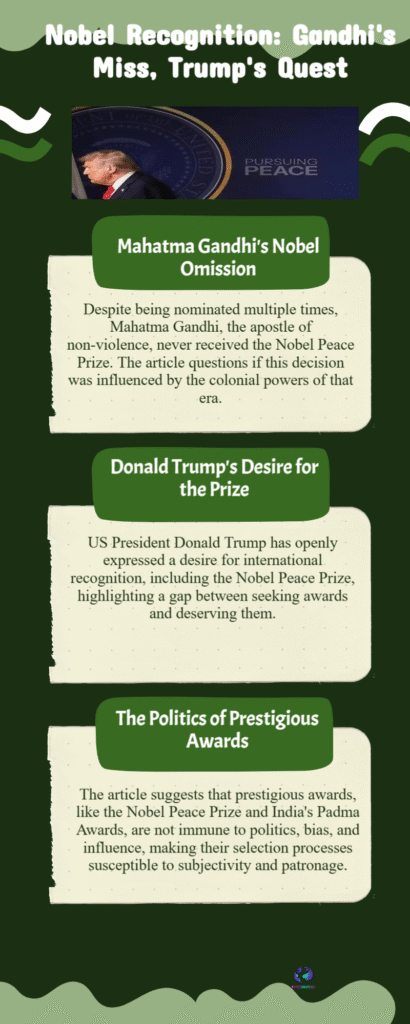
Watching Donald Trump’s public bid for the Nobel Peace Prize highlights how awards often reflect power and perception as much as achievement. The columnist argues that honours—from national Padma awards to the Nobel—are vulnerable to politics, regional bias and personal lobbying, and that the desire for recognition can shape behaviour more than principle.
The piece recalls a historic paradox: Mahatma Gandhi, repeatedly nominated, never received the Nobel Peace Prize — a decision that still puzzles historians and fuels questions about colonial-era influence and the committee’s judgement. It contrasts that omission with controversial past recipients such as Henry Kissinger, suggesting the prize’s track record is inconsistent when judged by moral outcomes.
The Nobel Peace Prize is awarded under criteria in Alfred Nobel’s will — for work promoting fraternity among nations and the reduction of standing armies — yet the interpretation of “peace” is contested. The article warns that peace achieved through coercion, unequal settlements or with large civilian costs should not automatically be read as a moral triumph. That makes any claim to the prize, including Mr. Trump’s, subject to public and historical scrutiny.
Beyond the Nobel, the column points to wider problems in honours systems: opacity in selection, lobbying, geographic and political bias, and the temptation for public figures to pursue awards as reputational currency. The author calls for greater transparency in nomination and selection, and for public culture to prioritise service over decorations — so honours reward sustained, principled work rather than transient performance.

